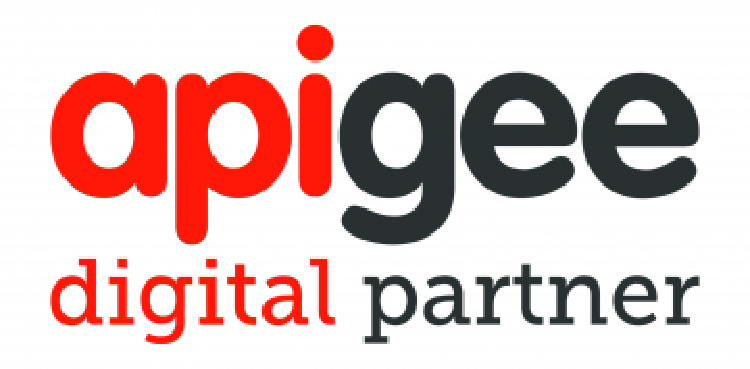Application Programming Interfaces (APIs) are an important part of any digitization strategy. By making data, individual microservices or entire applications available, new business models and opportunities are created. By entering the API ecosystem, you can monetize your existing business assets. Many startups and digitalization pioneers are already benefiting from this and generate a large part of their revenue through APIs.
The success of a successful API strategy depends on many factors. For example, a consistent API design, API governance and an orderly and efficient API lifecycle management.
The principle of the API Economy
But let's first look behind the basic idea of the API ecosystem. By developing and providing interfaces, the application programming interfaces (APIs for short), companies open up their applications and make predefined data and services available. The company is thus an API provider. On the other hand, there are the so-called API consumers, who can use these data and services via the interface for their intended purpose. This use is usually subject to monetization. APIs are therefore the basis for digital business models and business opportunities. Paypal or The Weather Company are simple examples of this.
API consumers can be other companies, cooperation partners, end customers or their own employees. At the same time, they can also act as API providers themselves if they make the data and services provided by the original company available in their applications via APIs. As you can see, the interdependencies of the API economy are complex. Accordingly, good API life cycle management is important. But more on that later.
API design as the basis for successful API initiatives
The basis of every API initiative should be a professionally driven API design and the development of an API design guideline. This guideline not only serves to develop uniform interfaces according to precise specifications, but also to optimise the user experience of the API consumers. If the API design is not clear and understandable, it is difficult for external partners to familiarise themselves with it. This leads to an increased need for communication between API provider and consumer. Self-service strategies therefore usually fail. When developing the API design guideline, care must be taken to define a predefined framework in which the API developers can move freely. Overly rigid specifications can in turn have a negative impact on API development.
The success of the business model depends on API Lifecycle Management
As described above, the interconnectedness of the API economy can become very complex. Companies that provide APIs, which in turn have hundreds or thousands of API consumers attached to them, should pay close attention to managing the API lifecycle. From design, security, deployment and version management, to analysis and monitoring, and monetization of APIs — the list is long. We therefore recommend companies to rely on an API life cycle management solution that supports the API-first idea and fits the individual digitization strategy. Our customers rely on the leading cross-cloud API lifecycle platform Apigee from Google, with which you can manage the complete life cycle of your APIs efficiently and in an orderly manner — regardless of whether on-premise, in the cloud or in hybrid and multi-cloud scenarios.
Don’t forget your employees
An API initiative is only as good as the onboarding of the employees. Architects / APItects, developers and all other stakeholders must internalise the API-first idea from the very beginning and form a common mindset for it. Without targeted onboarding, no clear picture emerges, e.g. how to develop a stable and secure API or how to document it properly. A clean API design guideline helps here, for example.
Rely on an experienced partner
As an Apigee Digital Partner, we support you on your journey into the API Economy, including the following topics
- API Management Strategy
- Security and Resilience
- Monitoring and Alerting
- Development Principles
- Deployment Process Integration and Automation
- Onboarding and Upskilling
- Support and Escalation
- Billing
As a chosen partner, you can exclusively take advantage of our Apigee "pay-as-you-go model". This means that the costs you pay are dependent on your actual usage.
Any questions? We're here to offer you advice without any obligation. Just contact us.
